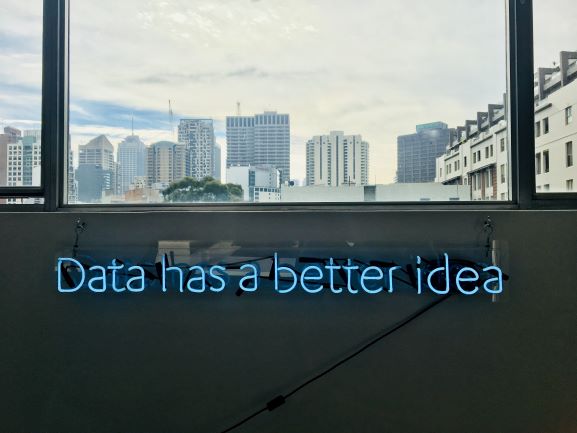It is quite a long time since Harvard Business Review branded data scientist the sexiest job of the 21st century. However, the demand for data scientists and analytical skills has not slowed down. If anything, it has accelerated. And there is still a huge shortage of people with these skills.
There are, however, a number of organisations trying to plug the gap. Universities around the world have developed data science programmes. Some are going further, and looking at new ways to educate students and ensure that they are able to address real-world big data problems. Tech and analytics companies like SAS are offering internships to data science students in a bid to increase their work readiness. Other companies, users of data science skills, are working with universities and tech companies to ensure that university courses provide the skills they need in their future employees.

3 distinct perspectives
One example of this type of programme is a collaboration between SAS, the financial services firm ABSA and North-West University in South Africa. We three have come together to provide an analytics talent training programme that is specific to ABSA.
Each partner brings very specific contributions to the table. ABSA articulates specific skills requirements and provides input into the curriculum. It also provides industrial research projects, placements and internships. And these, of course, have huge benefits for long-term job interviews, as well as helping students to develop skills. It provides some guest lectures and also funds research and bursaries at the university. ABSA has been collaborating with North-West University’s Centre for Business Management and Informatics (BMI) since the centre’s foundation in 1998.
SAS also has an important input into curriculum development. Beyond that, SAS provides access to analytical software, technical workshops and certification for students. This helps to ensure that NWU’s students are very employable. SAS’ partnership with NWU dates back to 2001.
NWU’s Centre for BMI provides four general programmes in Actuarial Science, Quantitative Risk Management, Business Analytics and Financial Mathematics, and also provides a specific curriculum for ABSA. Its teaching is backed by solid research, and this has enabled it to support a sustained skills pipeline for ABSA. Its students are also in considerable demand from other companies, and it has a reputation for producing the best analytics graduates in South Africa.
A model for other academic partnerships
This three-way partnership offers a model for collaboration for and with other universities and companies. The industrial partner will, in each case, need to articulate its needs, and provide some support for teaching and research. Ideally, it will provide financial support, because universities cannot afford to dedicate courses to particular businesses otherwise.
The university, in turn, will need to spend time adapting its curriculum. For most embarking on this kind of collaboration, this will not be a problem. After all, universities want their students to be highly employable – and this sort of collaboration very definitely increases demand. They are also likely to be able to embark on additional industry-focused research, often funded by their new partner. Other "partner" universities may also be involved. These may provide thought leadership, additional teaching or research input, and curriculum support.
Finally, the technology partner acts as the catalyst for the collaboration. At the most basic level, they provide tools and certifications. For SAS, this includes access to SAS Viya for Learners, SAS University Edition, or SAS OnDemand for Learners. At a more engaged level, the technology partner might be involved in research or education, such as providing joint certification programmes or taking part in research. Finally, it may be possible – if all those involved wish it to happen – to embark on the kind of partnership arrangement shared by ABSA, SAS and NWU.
This is only possible through a long-term process of relationship building and genuine partnership. However, the rewards are extremely high for all those involved. It enables, for example, deep skills development in students and staff in all three organisations. Teaching staff may also become accredited in use of the technology – including being accredited as educators.
An analytics skills factory
When the technology is deeply embedded in the curriculum, we sometimes describe the resulting programmes as creating an "analytics skills factory." Whatever label we use, the results speak for themselves: employable graduates, with a high level of analytics skills, and the ability to work effectively on real-world analytics problems to find effective solutions.
